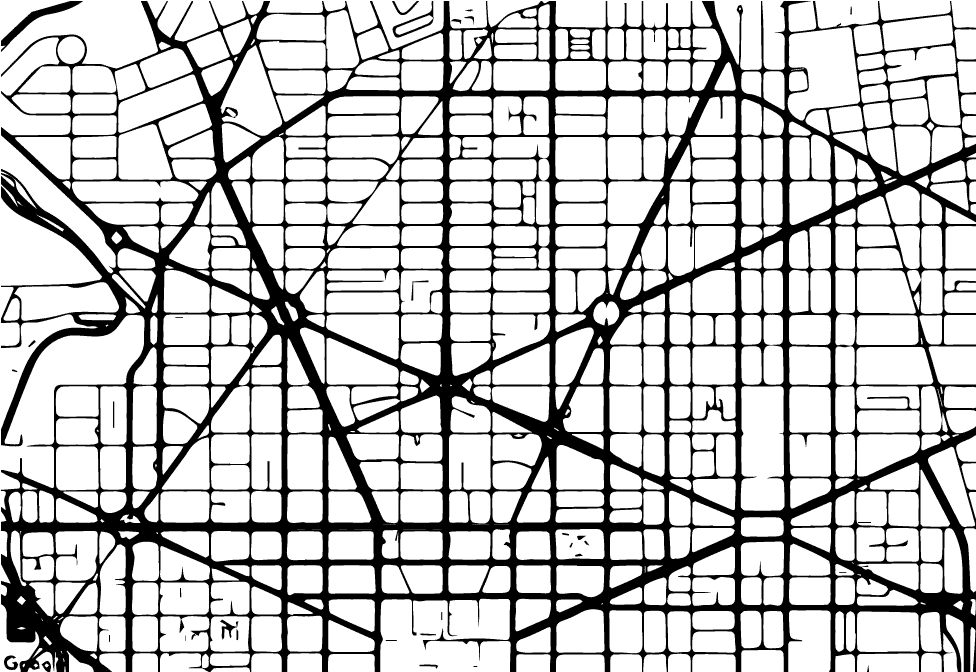Quick Tips
- Be specific. The session’s title should accurately reflect the topic.
- Be timely. Suggest topics relevant to this year, not rehashes of 2015 or 2016.
- Be realistic. ONA provides speakers with free registration, but cannot cover travel expenses, hotel or meals.
- Be selfish. Suggest a topic you are passionate about.
- Be inclusive. ONA strives for all types of diversity.
- Be refreshing. What new speakers and ideas should your colleagues hear?
- Be enterprising. Think beyond demos or pontificating — help others learn.
- Be mindful. What audience will you reach? What do they get out of it?
FAQs
What happens after I pitch?
ONA has a team of volunteers called the Program Team — journalists, educators and students — who review each and every pitch submitted along with ONA staff. The Program Team recommends which sessions to include to ONA staff, along with their own ideas for topics or presenters. Staff are also encouraged to combine ideas, add in a few additional topics or recommend additional presenters to be included.
ONA will notify people if their pitch was successful in late May. Our initial schedule will be posted in June, with a few additional sessions added throughout the summer.
Who can submit a proposal to the ONA17 Suggestion Box?
Anyone. Whether you are an executive, a manager, a journalist, a designer, a developer, a consultant, a vendor, a student, an academic or just a very interested news consumer, we want to hear your great programming ideas. We do not accept proposals promoting a single product or service. That said, there are plenty of ways to let people know about your awesome product, tool or service on our sponsorship page.
What makes for a good proposal?
As a rule: the more specific, the better. Why? Because specificity demands a lot more thought and planning — and pre-event thought and planning are the two biggest keys to a successful session. As an example, ONA organizers are more interested in titles such as “Change Up Your 2016 Election Coverage. Create a Computational Campaign.” than something like “Let’s Do Better Election Coverage”.
How important is diversity in considerations?
ONA is strongly committed to highlighting diverse topics and speakers at our conference, including session ideas, geography, gender, race, nationality, age and new voices.
Speaking of diversity, I’ve heard ONA prefers presenters from different organizations. But I work for Tribune / Gannett / NPR member station / another company with multiple properties. Can I submit my name and a colleague from another, sister organization?
Absolutely! We prefer presenters from multiple organizations as it can give a range of perspectives. If you can meet that goal from within your parent company, that’s fine. Here’s an example from two public radio journalists from ONA16. Just remember, a mix of mediums (combining a digital-first property with a legacy broadcast television group, for example) is also useful.
Is it better to submit a panel or another type of session?
As mentioned, we are especially interested in sessions that don’t fit the traditional panel format. Duo sessions that still factor in diversity are our favorite, and will receive priority consideration. Panels of three to four individuals can be excellent, but the panelists should each have a unique purpose for being on the panel, and also should be meticulously prepared. We encourage creative approaches and a range of discussions, training and interactive experiences.
What makes for a good title?
Cute titles are fun. But remember that your title is going to be fighting for attention with hundreds of others. So the more direct/explanatory you can make it, the better. Remember, people will be searching our site for topics relevant to them, so your pitch should be something easy to find in a search.
Do I need to have other speakers confirmed when I submit my session idea?
No. In fact, we strongly prefer that you do NOT confirm other speakers until your session idea is accepted because ONA staff will work closely with you to make sure there is sufficient diversity and expertise in your session.
How does the selection process work?
Each idea is reviewed by ONA staff and a group of volunteers, the ONA17 Program Team, comprised of journalists, educators and students. The Program Team represents the best sessions to ONA, which are largely approved and make up the core of our educational programming. ONA may sometimes add additional topics or speakers on an invite-only basis to ensure diversity, cover a breaking news topic or cover other pressing needs.
If my idea is selected, what happens next?
ONA will work closely with you to fine-tune the focus of your session as well as to select other speakers. As a general rule, the more preparation, the better the session. Pre-event preparation means communicating with other speakers weeks ahead of time to clarify the focus of the session. ONA attendees are smart and they enjoy smart programming. If they realize you haven’t fully prepared, they will leave your session room and go to the more interesting one next door.
When will I learn about the status of my proposal?
The deadline for submissions will be April 13, 11:59 P.M ET. We expect to announce the first round of session confirmations in June, with a few remaining sessions added throughout the summer. You will be notified in mid-June about the status of your proposal — regardless of whether your proposal has been accepted or not.
If my idea is selected, what does ONA pay for?
Invited presenters are given a complimentary ONA17 registration. We are not able to provide travel, lodging or other financial compensation for speakers.

